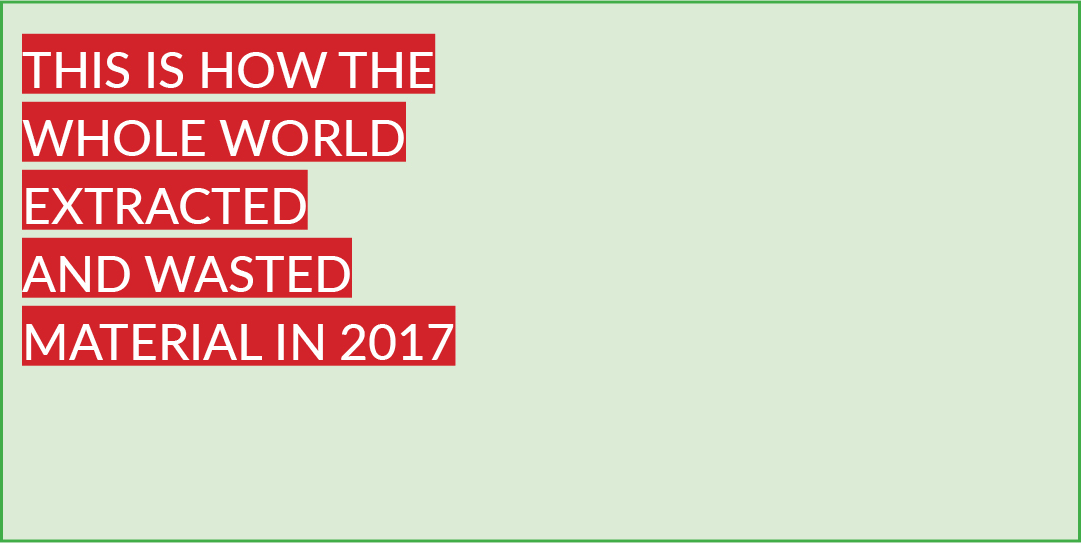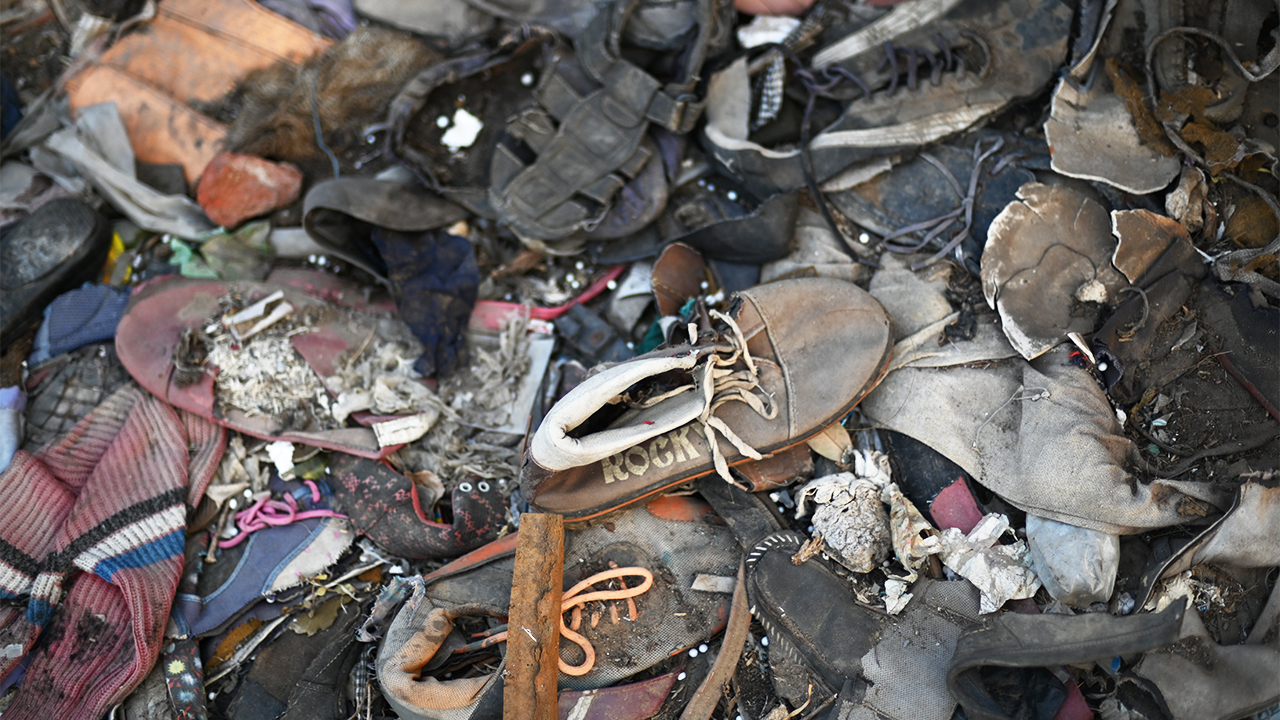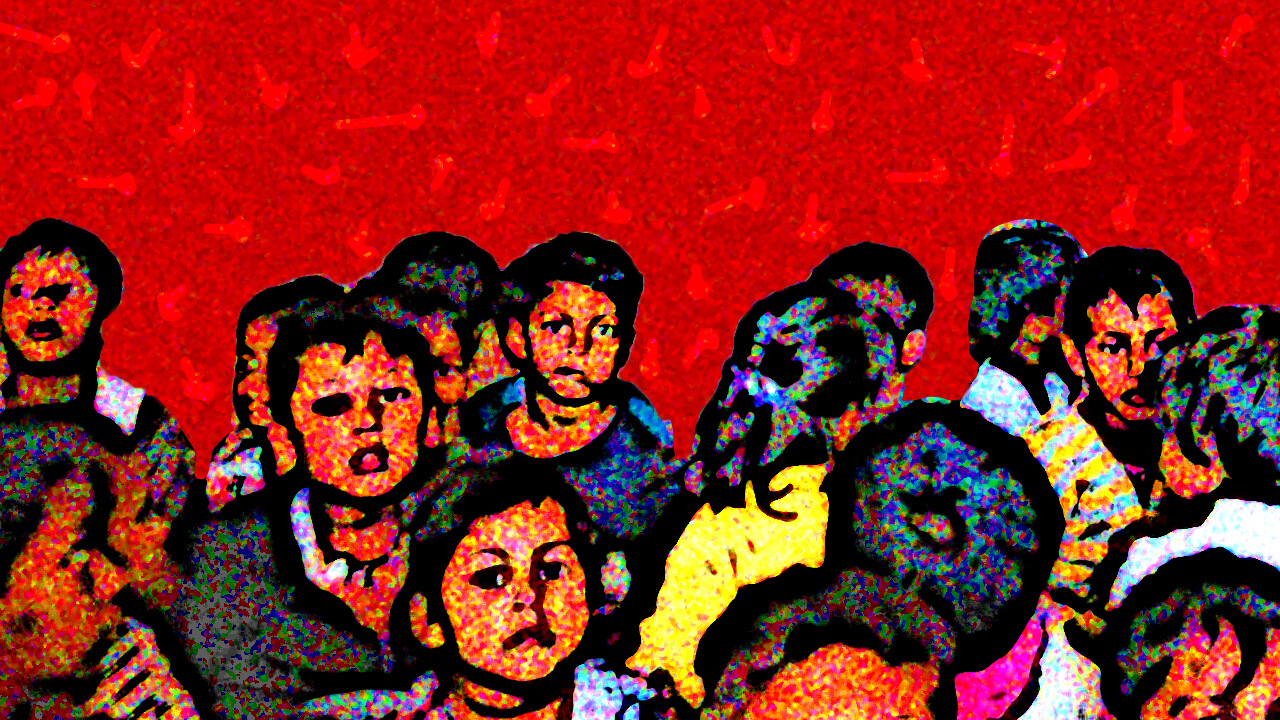admin
I help fin-tech digital product teams to create amazing experiences by crafting top-level UI/UX.

Economic growth is fueled by unending cycles of production and consumption. These unending cycles need constant extraction of natural resources that include minerals, forests, water, and biodiversity. Some of them are crucial for future economic sustenance and others are critical for biological survival. At the end of the consumption, we have mounting waste, some of which are toxic. All wastes land up in landfills, polluting soil, groundwater, and air creating a world unhealthy for living beings. This is a Linear Economy, the dominant culture of use and throw that will lead us to nowhere. The dwindling natural resources are bound to create an economic shock. The remaining limited natural resources are completely controlled by the powerful of society and create ever-increasing inequality over access to natural resources which are for everyone. On another hand, it generates inter-generational inequality by taking away resources that are meant for future generations.
In CE, materials are meant to be kept in circulation, by increasing the durability of goods and then extending their life by repairing or recycling, and finally by recovering material from used products to produce new goods. This needs a change in the design of the products that lasts longer and is repairable, minimum use of toxic material, and a robust system to recycle and refurbish used materials. As all sectors from producers to recyclers will play an equal role in running a Circular Economy, there will be equal access to goods and services for all. The need for recycling and refurbishing will require skill development, and a new skilled population will have increased livelihood options. International reports predict that adopting CE principles would yield better annual benefits compared with the current development path. Circular economy needs a strong policy framework from our government that will not allow the producers to create unlimited aspirations for an impossible level of consumption. But most important of all, it needs a change in the mindset of individuals. India or any traditional society has a mechanism and culture for repair and reuse. But it is dying because it is kept informal. A new pan for CE must formalize these livelihoods in order to combat present ecological and socio-economic challenges.
A series of webinars were organised on this in association with FES (Foundation for Ecological Security) from 17 October to 3 December, 2020 to explore how to plan the Circular Economy transition that is equitable, inclusive, and more environmentally sound.
I help fin-tech digital product teams to create amazing experiences by crafting top-level UI/UX.

Training waste workers and households in composting to divert wet waste from landfills and abate methane emissions.

Read More

How environmental contamination is impacting our children’s future
Support our initiatives so that we can reach more and more people and provide our support to the needy
Click on the blue round button at the bottom right corner of this page. You can also email our support team at support@example.com

Chintan, meaning thought/reflection in Hindi, is an environmental research and action group.
Subscribe to get the latest news form us
© 2025 Chintan Environmental Research & Action Group